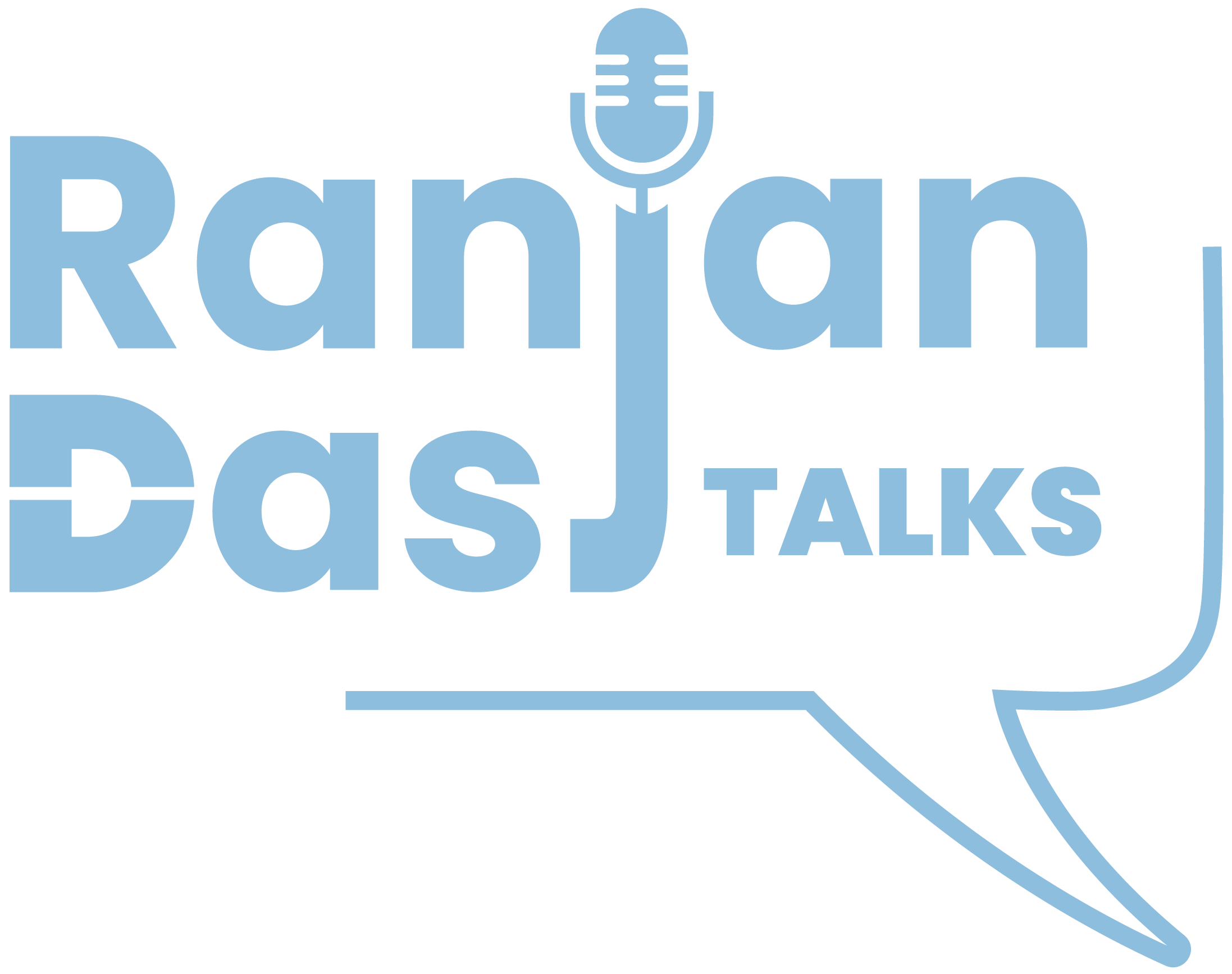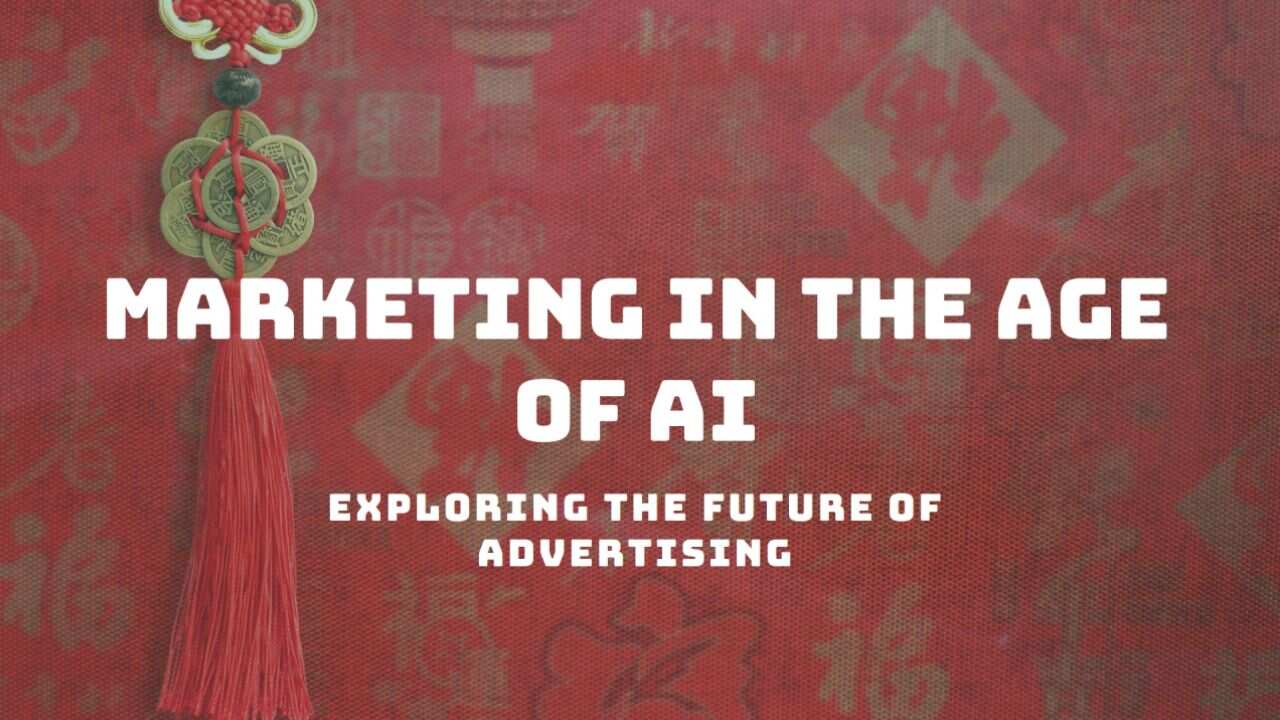
Blog
The Future of AI in Marketing
AI is reshaping marketing with hyper-personalization, predictive analytics, chatbots, and visual search. Discover tools driving innovation and growth!

Ranjan Das
· Posted: 2025-01-13
Posted: 2025-01-13

Reshaping the Landscape with Tools and Strategies
Artificial intelligence (AI) is no longer a buzzword in marketing; it’s a game-changer. From hyper-personalization to predictive analytics, AI transforms how brands interact with customers, measure success, and optimize campaigns. Here’s a look at how AI is reshaping marketing and the practical tools that make it possible:
1. Hyper-Personalized Customer Experiences
How AI Helps: AI analyses customer behaviour and preferences to deliver tailored recommendations, offers, and experiences. For example, based on user data, Netflix and Spotify use AI to curate personalised playlists and movie recommendations.
AI Tools:
- Dynamic Yield: For personalised product recommendations and tailored web content.
- Adobe Sensei integrates with Adobe Experience Cloud for advanced personalisation.
2. Predictive Analytics for Campaign Success
How AI Helps: AI predicts customer behaviour, enabling marketers to focus on high-value prospects and anticipate trends. Example: Predicting which customers are likely to churn and targeting them with retention campaigns.
AI Tools:
- Salesforce Einstein: Predicts sales and marketing outcomes by analyzing past data.
- H2O.ai: Provides machine learning capabilities for predictive analytics.
3. Content Creation and Optimization
How AI Helps: AI assists in creating, testing, and optimizing content for better engagement. From generating blog posts to writing ads, AI saves time and boosts creativity. Example: AI-written email subject lines often outperform human-crafted ones in A/B tests.
AI Tools:
- ChatGPT: For generating conversational content, ideas, and even long-form articles.
- Jasper AI: specialises in crafting marketing content like emails, ads, and social media posts.
4. Chatbots and Conversational Marketing
How AI Helps: AI-powered chatbots provide 24/7 customer service, answer queries, and even guide users through purchase decisions. Example: eCommerce websites using AI chatbots to assist with product recommendations.
AI Tools:
- Drift: Offers conversational marketing solutions through chatbots.
- Intercom: Provides customer support and engagement via AI-driven chat.
5. Programmatic Advertising
How AI Helps: AI automates media buying, ensuring ads are shown to the right audience at the right time. Example: AI can analyse millions of data points to bid on ad space in real time, maximising ROI.
AI Tools:
- Google Ads Smart Bidding: Automates bid adjustments for better campaign performance.
- The Trade Desk: An advanced platform for programmatic ad buying.
6. Voice Search Optimization
How AI Helps: As voice search grows, AI ensures that content is optimised to match natural language queries. Example: Brands using AI to optimise for queries like “What’s the best Italian restaurant near me?”
AI Tools:
- SEMrush: Includes tools for optimising content for voice search.
- AnswerThePublic: Helps understand how people phrase queries for voice search.
7. Sentiment Analysis and Brand Monitoring
How AI Helps: AI analyses customer feedback, reviews, and social media mentions to gauge sentiment around a brand or campaign. Example: Monitoring how a new product launch is being received online in real-time.
AI Tools:
- Brandwatch: tracks brand mentions and sentiment across platforms.
- Talkwalker: Uses AI to analyze sentiment and social media trends.
8. AI-Powered Visual Search
How AI Helps: Customers can search using images rather than keywords, making product discovery seamless. Example: A user uploads a photo of a dress they like, and the platform finds similar products.
AI Tools:
- Pinterest Lens: Allows users to search for products by uploading images.
- Google Lens: Uses image recognition to identify objects and find related products.
9. Enhanced Email Marketing
How AI Helps: AI optimises email campaigns by personalising content, predicting the best times to send emails, and crafting subject lines that increase open rates. Example: AI-driven segmentation leads to higher click-through rates.
AI Tools:
- Mailchimp offers AI-driven insights and recommendations for email marketing.
- ActiveCampaign: Automates email personalisation and segmentation using AI.
10. ROI Measurement and attribute
How AI Helps: AI simplifies complex attribution models, helping marketers understand which channels drive conversions. Example: Multi-touch attribution models show the impact of each touchpoint on customer journeys.
AI Tools:
- Google Analytics 4: Incorporates AI to offer advanced attribution insights.
- HubSpot: uses AI to analyse and report on campaign performance.
AI is no longer a choice; it’s a necessity for marketers aiming to stay competitive. By leveraging these tools and strategies, marketing leaders can unlock unprecedented growth, efficiency, and customer engagement.
Reach out to us at services@apppl.com for deeper insights into any specific tool or application
This blog was originally published on: Ranjan Das - LinkedIn
Marketing is everything, products are
woven around it.